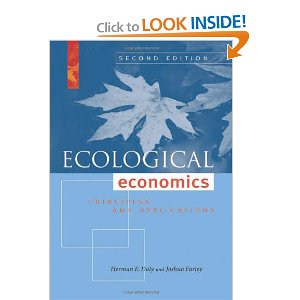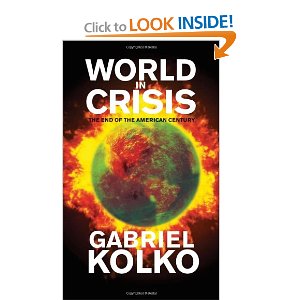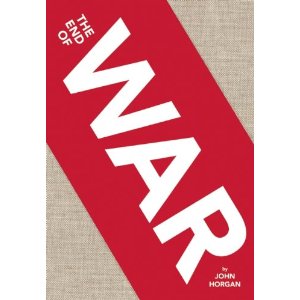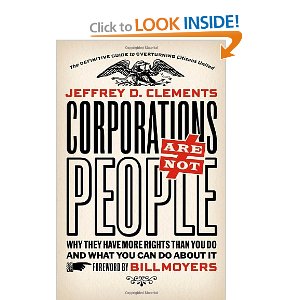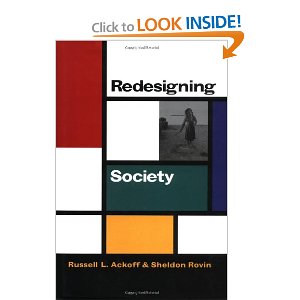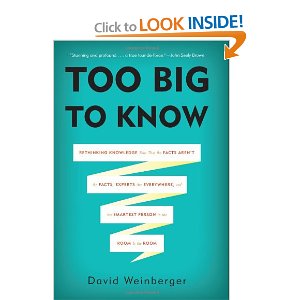
David Weinberger
5.0 out of 5 stars Simple Enough to Shake the Most Obtuse Leaders, February 10, 2012
First the disclosures. I asked for a copy of this book to review, David Weinberger being one of my heroes and I being unemployed at this time. They gave it to me and now that I have read it, I will be donating it to the Oakton, VA public library.
Second, the subtitle. The subtitle of the book captures the entire field perfectly, and richly merits emphasis: “Rethinking knowledge now that the facts aren't the facts, experts are everywhere, and the smartest person in the room is the room.” This is the final nail in the coffin of secret intelligence communities and companies devoted to proprietary software. There is nothing intelligent — nor substantively valuable — about “closed” environments if ones purpose is to optimize both the allocation of resources and outcomes beneficial to the public.
Third, the historical context. Many people have been focused on the changing role of knowledge coming into the 21st century, and I list just five of the books below to make the point that in the context of all else, this book says it better, more easily graspable for the non-digital leaders struggling to decide where to go next –this book is highly relevant to the 1950's mind-set leaders of all eight tribes of intelligence: academic, civil society, commerce, government, law enforcement, media, military, and non-governmental / non-profit.
The exemplar: The exemplary performer in the age of productivity
Radical Man: The Process of Psycho-Social Development
The Knowledge Executive
Infinite Wealth: A New World of Collaboration and Abundance in the Knowledge Era
Powershift: Knowledge, Wealth, and Violence at the Edge of the 21st Century
Summarizing the book concisely: everything we do now with hierarchical organization, hoarded information, restricted accesses, and isolation from the full range of external sources and methods, is wrong for the times.
Here are the five recommendations the author discusses in his last chapter, every single one of them poorly addressed by most organizations, and especially those that are highly bureaucraticized:

